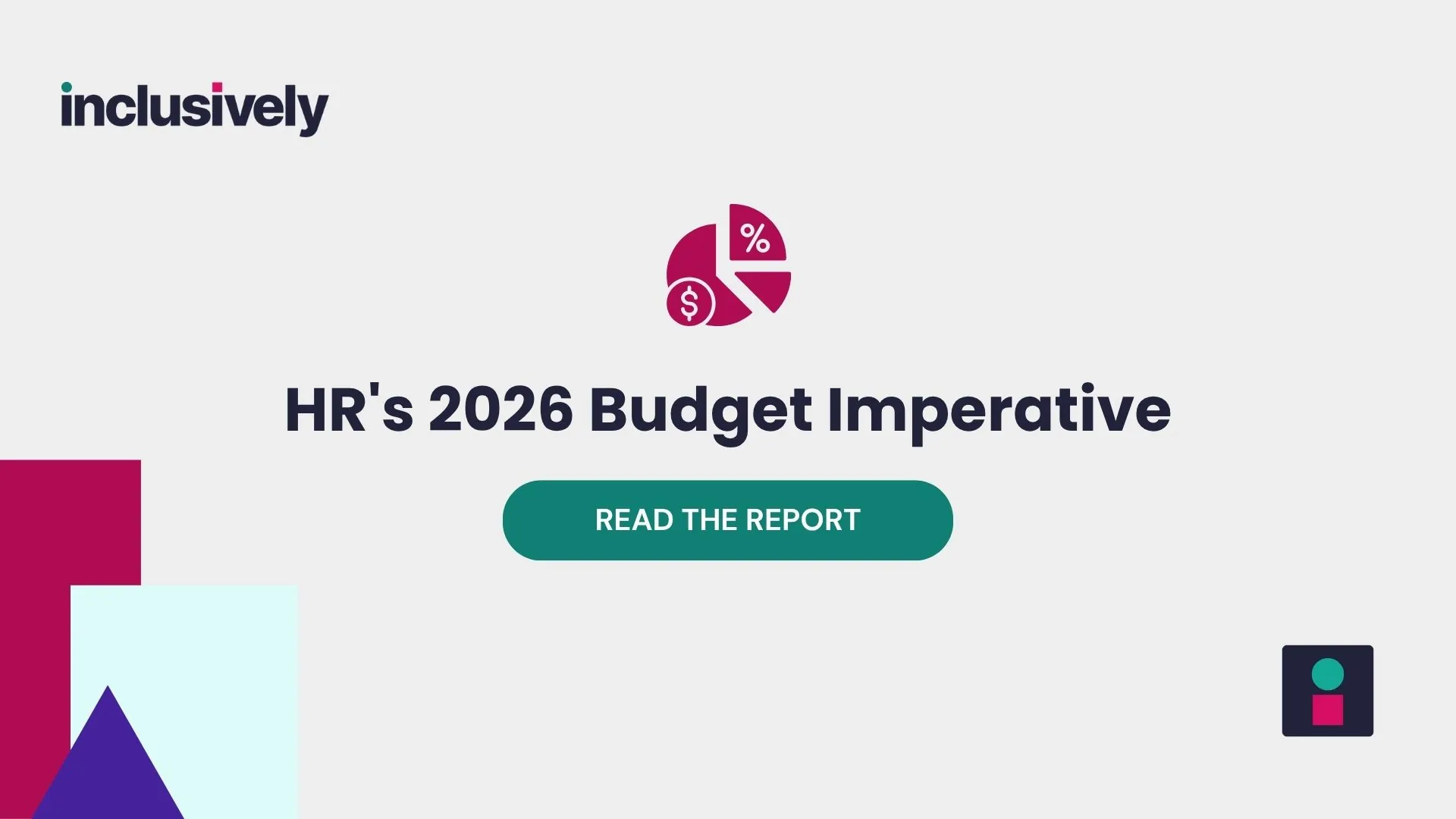Supporting caregivers is officially a business imperative.
A report by Harvard Business School, “The Caring Company,” underscores how supporting caregiving responsibilities is a largely untapped area with significant potential to enhance employee efficiency and reduce attrition.
The reality is stark: with a considerable portion of the workforce involved in caregiving, neglecting this aspect means potentially losing valuable employees, often to more responsive competitors. The cost of turnover, especially of highly skilled staff, coupled with the loss of productivity due to caregiving duties, can be substantial.
A reported one-third reduction in productivity due to caregiving translates into a considerable financial impact per employee.
According to another study, nearly one in four of an estimated 8.8 million employed family caregivers reported absenteeism or presenteeism over a one-month period because of caregiving. Among these, caregiving reduced work productivity by one-third on average, amounting to an estimated $5,600 per employee when annualized across all employed caregivers.
And the New York Times reported that a lack of child care and elder care options caused many women to “reorganize their working lives and prompted some to forgo jobs altogether.” This hurt the economy when companies were desperate to hire.
Yet, there is a noticeable gap in perception between employers and employees regarding caregiving.
Employees often feel that engaging in caregiving might be viewed as a lack of commitment or an impediment to career progress, according to the HBS report, leading many to step back from their roles or leave altogether. On the other hand, a majority of employers are not fully cognizant of the extent to which caregiving affects work performance and are slow to adopt measures that could assist.
Retain supports your employees who are caregivers with a scalable, transparent process. Try it now.
Tackling the complexities of caregiving in the workforce demands adaptable solutions that cater to the unique circumstances of each caregiver — at scale. Employees often navigate the intricate responsibilities of caring for loved ones, such as arranging medical appointments or managing insurance details, during work hours. The hesitation to share these responsibilities with employers stems from a fear of misunderstanding or negative consequences.
The key to addressing this lies in creating a discreet channel for employees to express their caregiving needs — while equipping them with the appropriate resources and adaptability.
A supportive environment is essential, where employees feel secure to discuss and manage their caregiving responsibilities, possibly needing dedicated time for caregiving tasks, access to mental health care, or childcare solutions.
Retain is a workforce personalization tool crafted to navigate these challenges. It empowers employees to discreetly discover and access available support tailored to their role as caregivers, including company-offered benefits and accommodations.
Retain’s approach enables employers to effectively gauge the utilization and impact of their support offerings, identifying areas for improvement and quickly relaying updates or new initiatives to their workforce as things evolve. This ensures employees are always equipped with up-to-date information and resources, optimizing their productivity and workplace satisfaction.
By investing in a culture that values and supports caregivers, companies are not just enhancing the lives of their employees but also securing a more dedicated, productive, and stable workforce.



